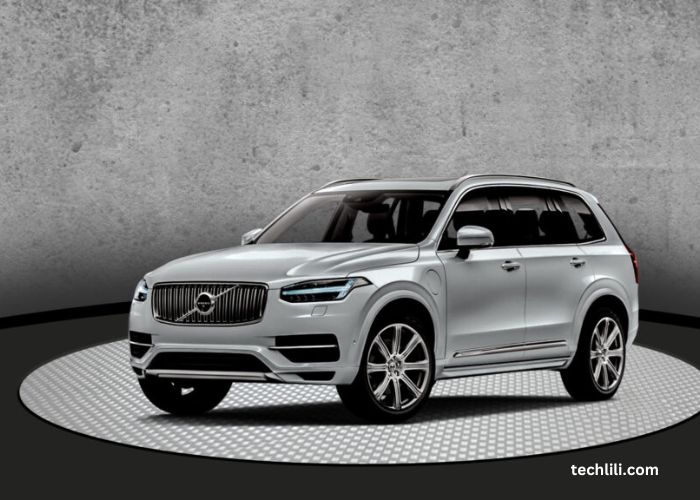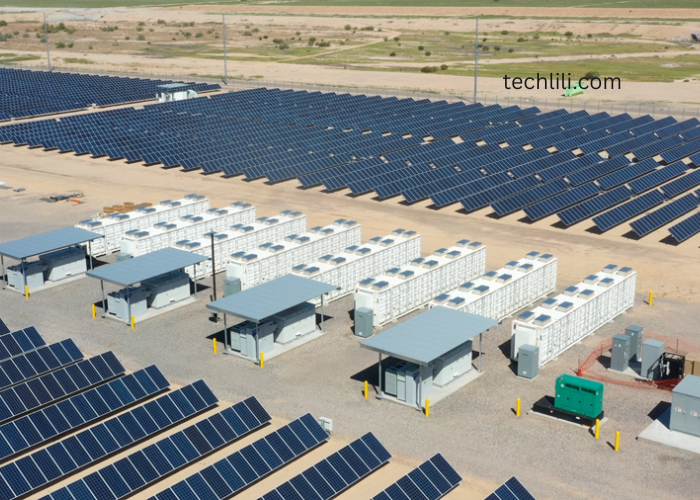
Vehicle turntables have become an essential solution for optimizing space and enhancing accessibility in both commercial and residential settings. These rotating platforms make parking, loading, and maneuvering more efficient, particularly in confined spaces. However, the price of a vehicle turntable varies significantly depending on whether it is intended for residential or commercial use. Understanding the key differences in pricing and considerations for each type can help property owners make informed decisions.
Factors Influencing Vehicle Turntable Price
The cost of a turntable is determined by several factors, including size, weight capacity, materials, motorization, and customization. The differences in requirements between residential and commercial applications play a major role in pricing, with commercial models generally costing more due to their larger size and heavy-duty functionality.
Residential Vehicle Turntables: Cost and Key Features
Compact Design for Limited Spaces
Residential turntables are primarily designed for driveways, garages, or small parking areas where space constraints make reversing or maneuvering difficult. They are built to accommodate standard personal vehicles and typically have a smaller diameter, reducing material and manufacturing costs.
Cost and Affordability
The vehicle turntable price for residential use is relatively lower than commercial versions, often ranging between $5,000 to $15,000, depending on features such as automated controls and weight capacity. Homeowners can opt for manual or motorized options, with the latter being more expensive due to additional electrical components.
Ease of Installation and Maintenance
Since residential turntables are designed for lighter vehicles and are of limited usage, installation is generally less complex. Most models require minimal excavation or reinforcement, making them a more cost-effective option in terms of both initial investment and maintenance.
Commercial Vehicle Turntables: Cost and Key Features
Larger and More Durable Construction
Commercial turntables are built to support larger vehicles, including delivery trucks, emergency service vehicles, and heavy-duty equipment. This necessitates high-strength materials such as reinforced steel, hydraulic systems, and industrial-grade motors, all of which contribute to higher pricing.
Higher Investment for Industrial Applications
The vehicle turntable price for commercial settings is significantly higher, often starting at $20,000 and going up to $100,000 or more, depending on size, load capacity, and customization requirements. Businesses that require turntables for high-traffic areas, parking garages, or showrooms typically invest in advanced features such as automated rotation, safety sensors, and remote controls.
Complex Installation and Ongoing Maintenance
Installing a commercial turntable involves extensive groundwork, structural reinforcements, and integration with existing facilities. The complexity of the installation process increases costs, and ongoing maintenance is necessary to ensure reliable operation. This includes lubrication of moving parts, electrical checks, and load testing, all of which add to long-term expenses.
Key Considerations When Choosing a Vehicle Turntable
Intended Use and Load Capacity
Understanding the primary purpose of the turntable is crucial. Residential users should assess whether they need a standard rotating system or a customized solution for multiple vehicles. In contrast, commercial buyers must evaluate the turntable’s ability to support heavier loads and frequent usage.
Available Space and Site Preparation
The amount of space available significantly impacts pricing. Residential installations generally require less site preparation, while commercial projects may involve excavation, reinforced foundations, and compliance with building regulations, all of which can drive up costs.
Automation and Technology Integration
While basic models are manually operated, automated turntables with remote controls, speed adjustments, and safety features are more expensive. The integration of smart technology, such as automated rotation scheduling and weight sensors, can add to the overall price but enhance convenience and safety.
Conclusion
When comparing the vehicle turntable price for commercial and residential applications, it is evident that commercial models require a significantly larger investment due to their durability, load capacity, and advanced functionality. Residential users can opt for more budget-friendly solutions, while businesses must consider long-term operational benefits over initial costs. By understanding these price differences and key considerations, buyers can select a turntable that best suits their needs and budget.







